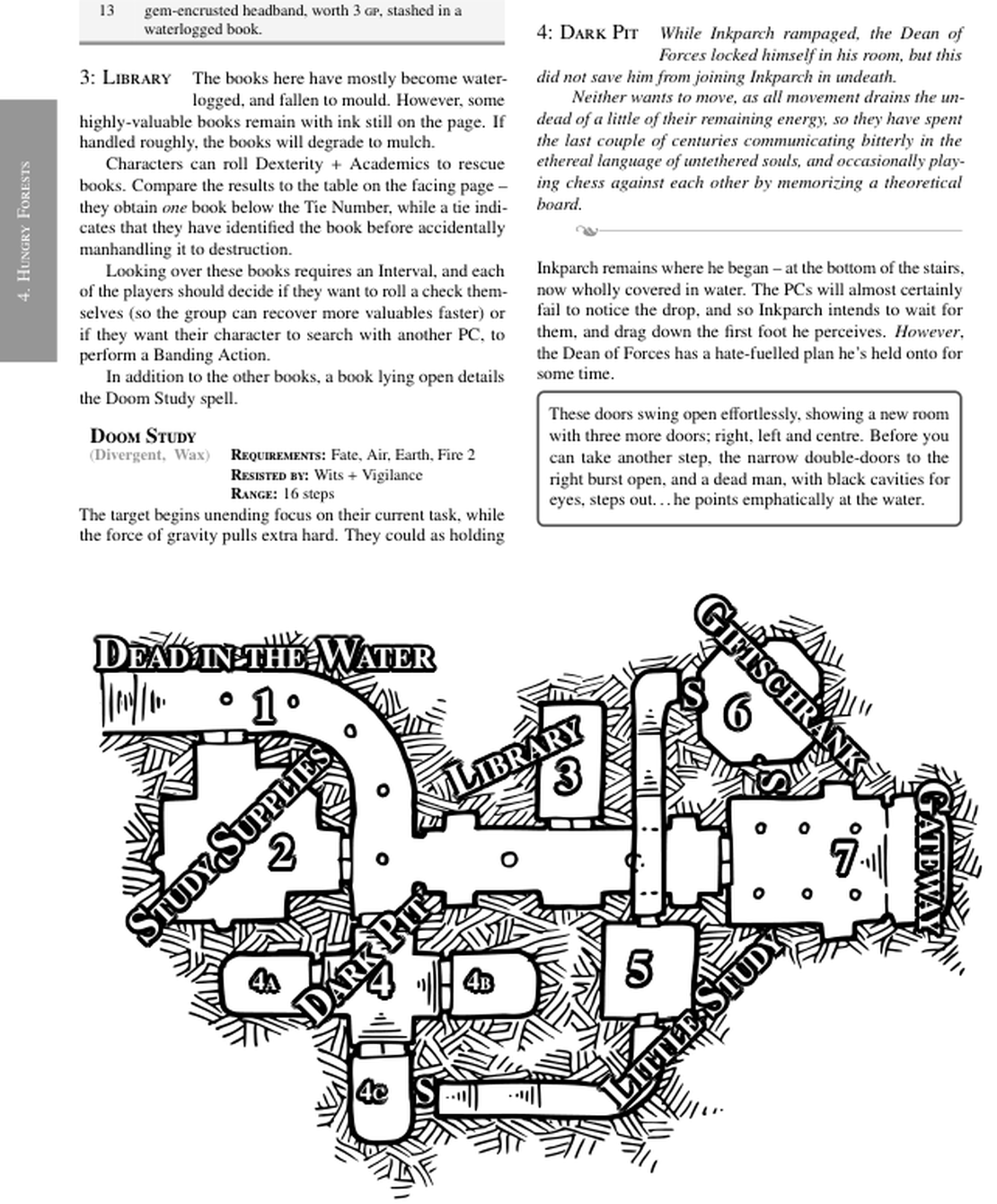System Realism Matters
- Malin Freeborn
- September 2, 2022
A hundred paces down the dark tunnel, you see dozens of goblins dancing round a fire and singing about eating anything that moves.
At this point the crew begin to plot.
- Could we just stay here and shoot at the goblins? We should be able to get a load of arrows off in three rounds.
- If we run back to where we avoided that pit trap, maybe the goblins would trigger it, if we can get their attention.
- We have three people with shields and spears. If two at the back take the spears, could we make a shield wall in this small corridor?
These plans form the in-breath of the game, and it executes on the out-breath.
Violating these plans because ’the book has no rules for that’ tells the players to stop their planning, and focus on the rules. If players learn that they cannot form a shield wall and use spears from behind it, they lose a plan to bad rules.
If everyone in the game moves at the same rate, nobody could possibly taunt the goblins and run away faster than they can catch up.
If the goblins get to the party in 2 rounds, they’ll wonder what happened to ‘100 paces’. It sounds like they can run 50 man-sized steps in about the time it takes to load a bow and fire.
While people will excuse bad rules by saying rules can’t cover everything, rather a lot of game rules really do cover this scenario just fine. They cover these scenarios by giving general rules about things that genre represents. (clearly, if you can’t represent your finance scheme properly in D&D, it’s because you’re D&D’ing wrong.)
So long as characters can run away faster than the goblins, a multitude of plans work fine. So long as the game has a realistic relation between ‘metres run per minute’, and ‘arrows loosed per minute’, then anything involving those two should have a roughly realistic outcome.
